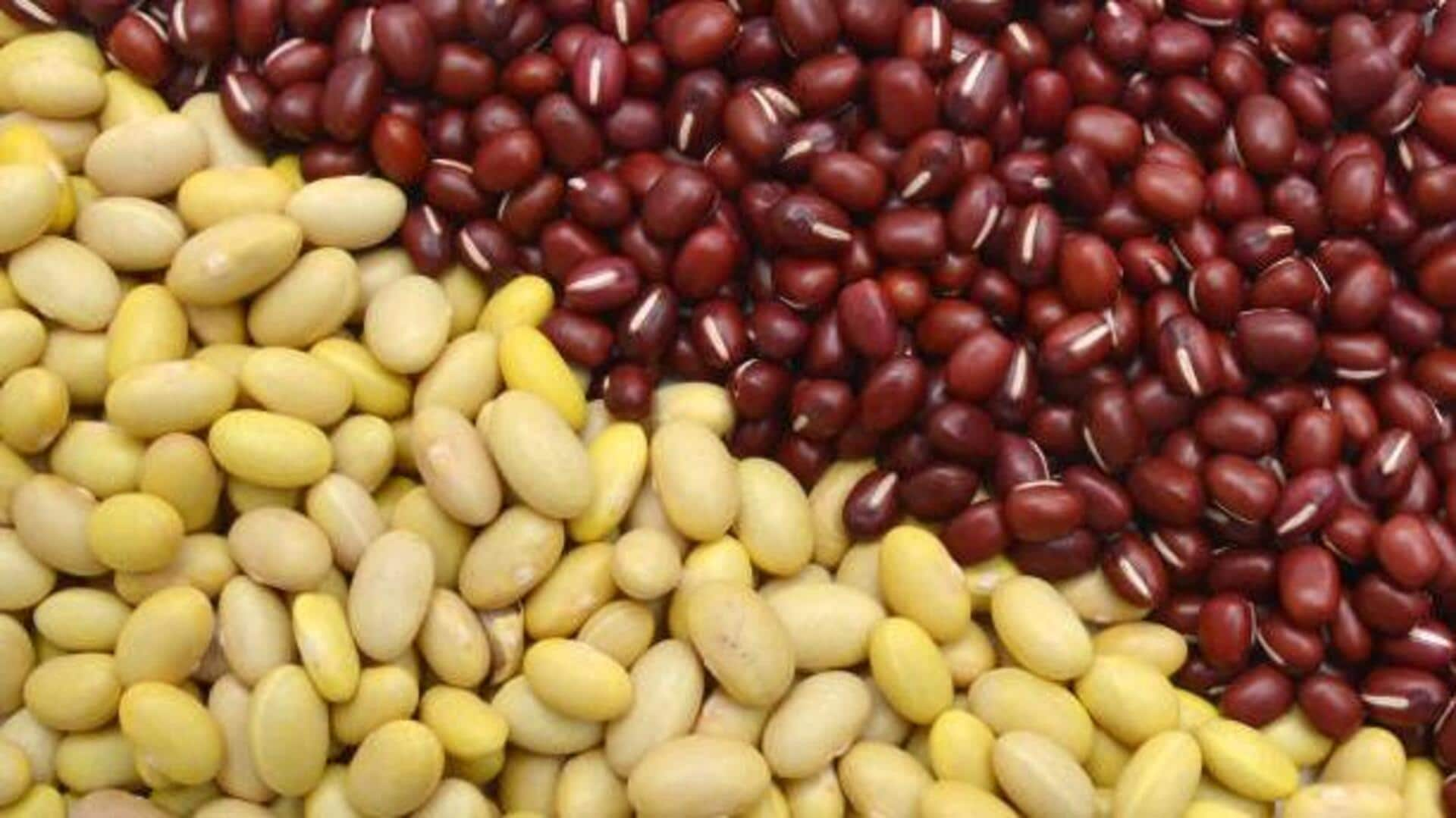
Nyirobi beans: The plant-based protein you've been looking for
What's the story
Nyirobi beans, a lesser-known legume from Africa, are gaining attention for their amazing nutritional benefits.
These beans are rich in essential nutrients and have been a staple in African diets for generations.
As more and more people seek plant-based protein sources, nyirobi beans offer an excellent alternative.
They're not only nutritious but also versatile in various culinary applications.
Let's take a look at nyirobi beans and why they deserve a place in your diet.
Nutrients
Nutritional powerhouse of Nyirobi beans
Nyirobi beans are packed with proteins, making them an ideal choice for those looking to increase their protein intake without relying on animal products.
They contain essential amino acids that support muscle growth and repair.
Additionally, these beans are high in fiber, which aids digestion and promotes gut health.
With vitamins like B-complex and minerals such as iron and magnesium, Nyirobi beans contribute to overall well-being.
Cooking
Versatility in culinary uses
One of the best things about cooking with nyirobi beans is their versatility. You could use them in soups, stews, salads, or even replace them with other beans in different dishes.
Their mild flavor makes them absorb spices and seasonings very well, making them suitable for a variety of cuisines around the world.
Be it African recipes or modern fusion, nyirobi beans can elevate your meals.
Sustainability
Environmental benefits of cultivating Nyirobi beans
Cultivating nyirobi beans also has environmental benefits since they naturally fix nitrogen into the soil.
This reduces the need for synthetic fertilizers and improves soil fertility over time.
Further, these plants require less water than other crops such as rice or wheat, making them an ideal choice for regions with limited water resources.
Economy
Economic impact on local communities
The cultivation of nyirobi beans can have far-reaching economic benefits for local communities throughout Africa.
Farmers can improve their livelihoods by growing this crop locally rather than importing costly substitutes from abroad.
They also contribute positively towards regional economies through an increase in levels of agricultural productivity.
All of this can be achieved through sustainable farming practices associated with cultivating legumes like these ones we mentioned here today.